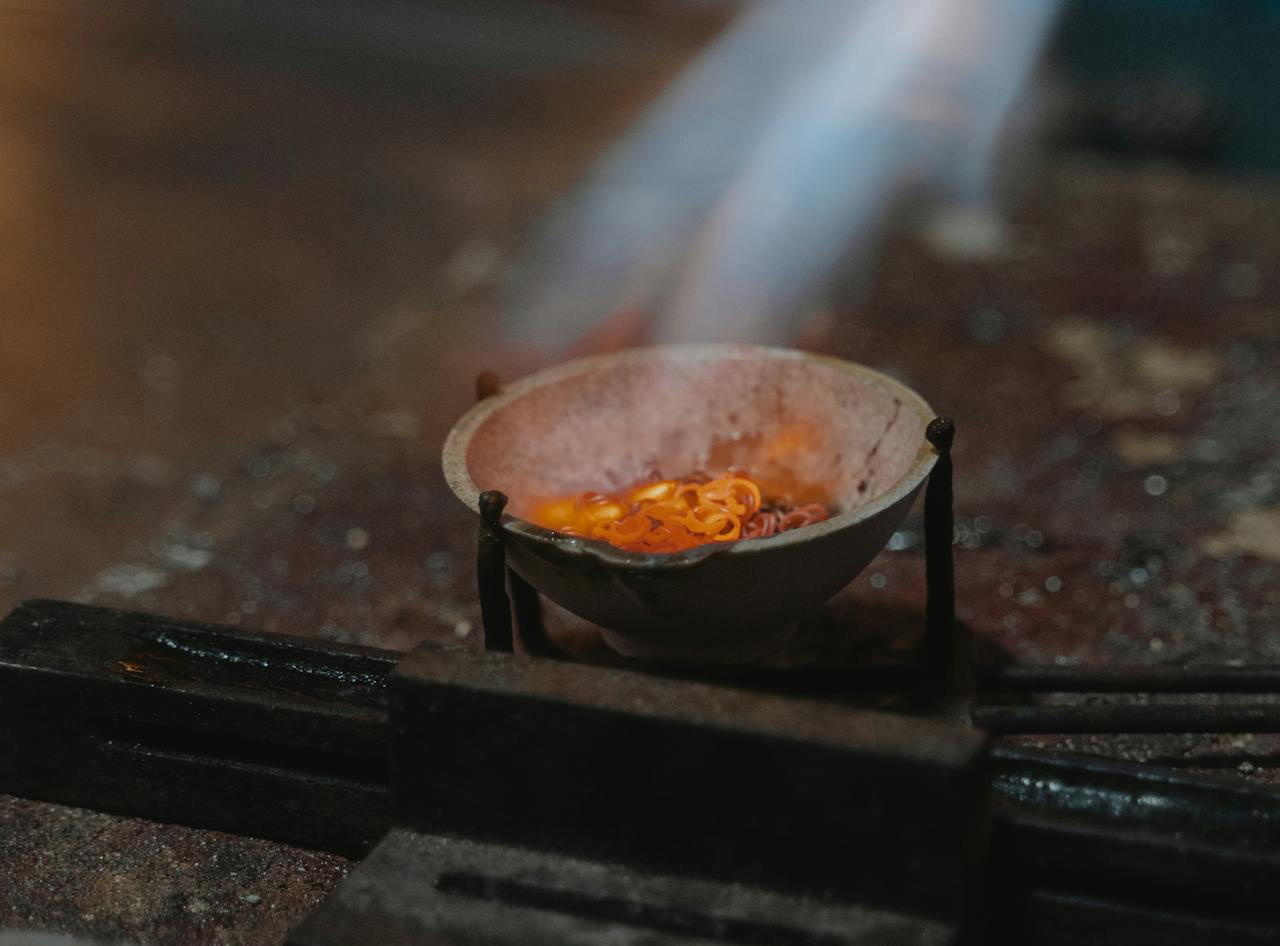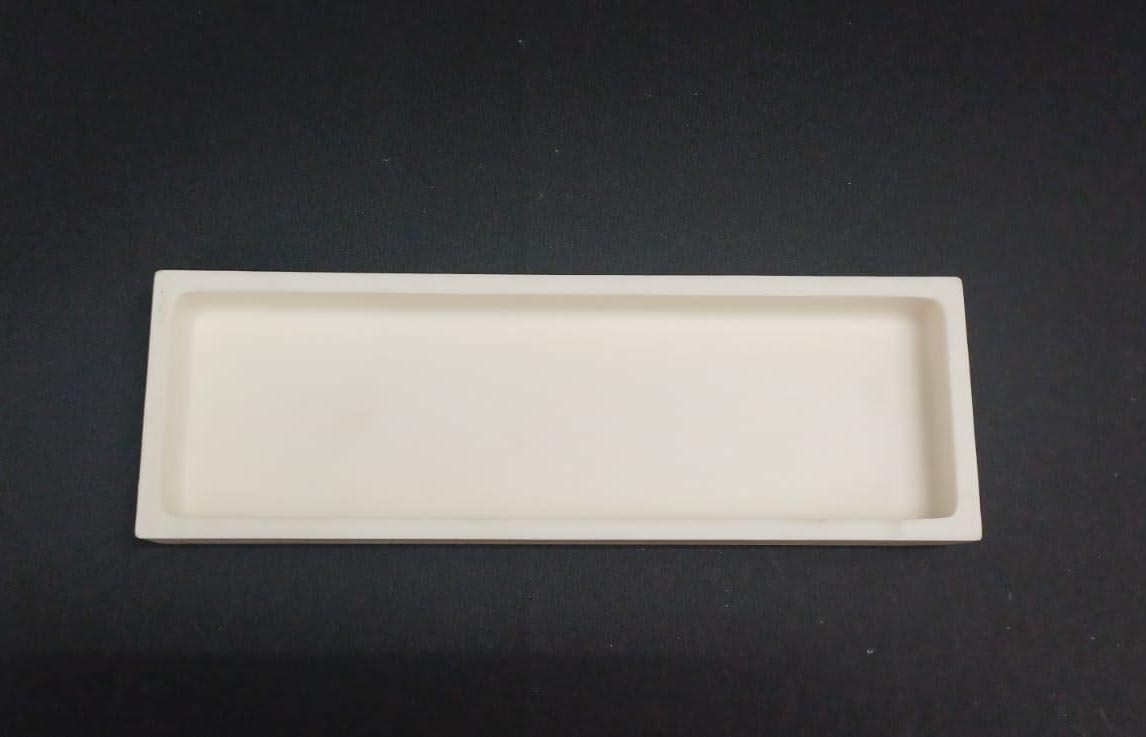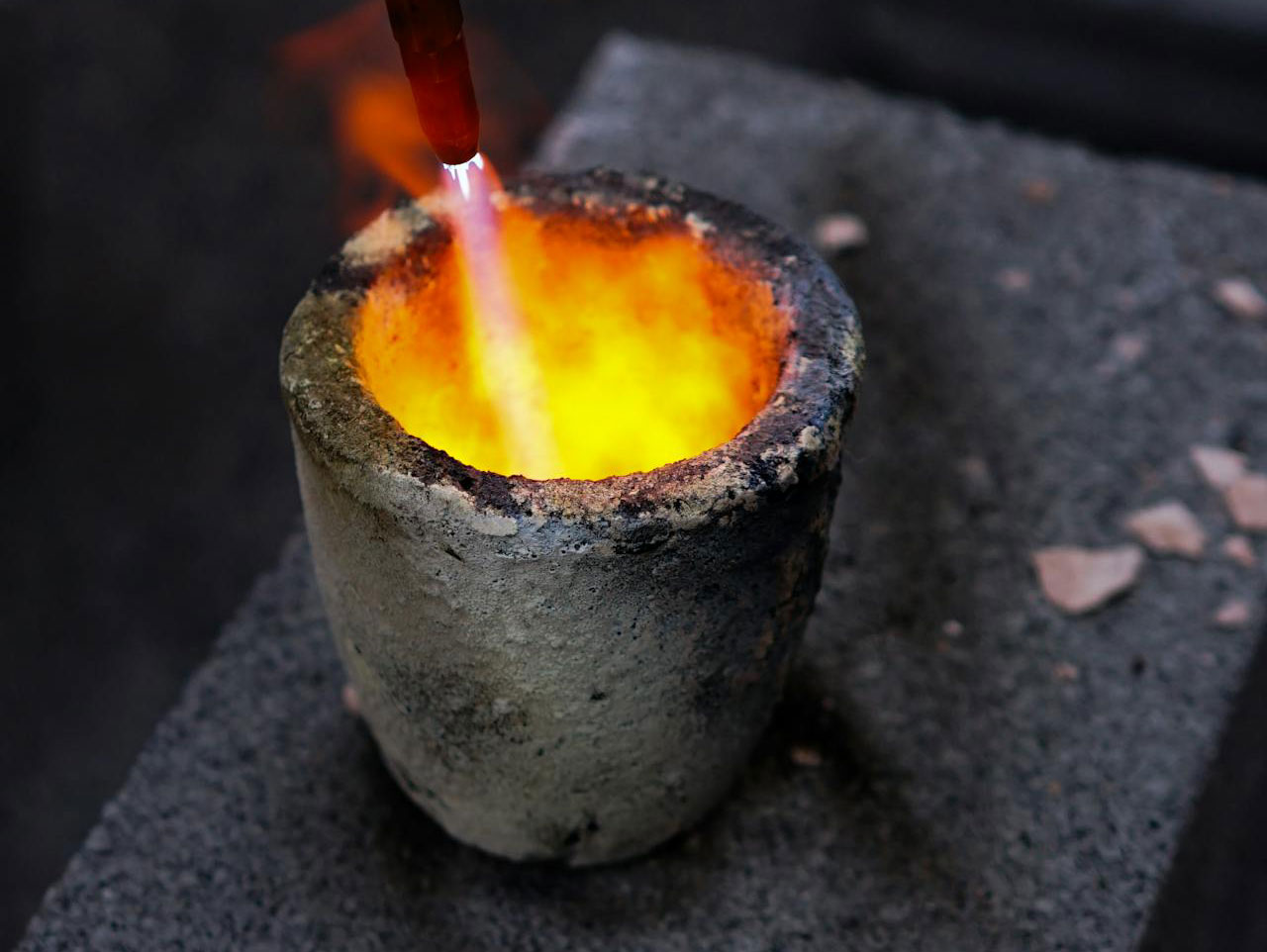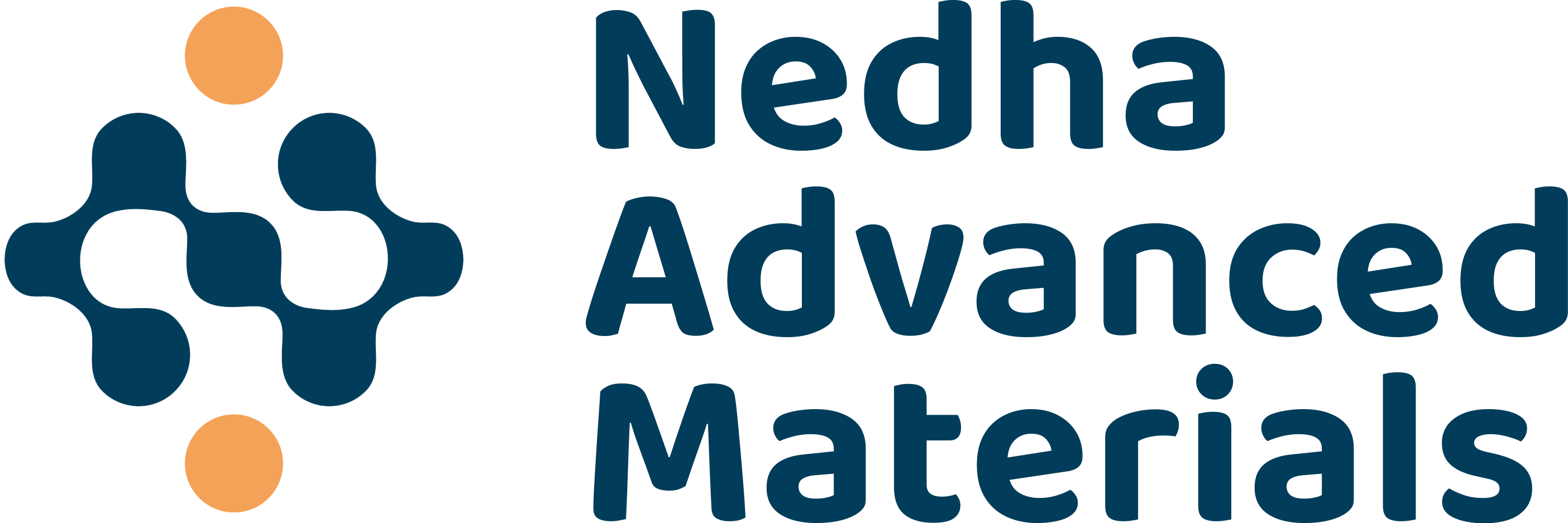Choosing the Right Cylinder Crucible: A Comprehensive Guide
Cylinder crucible is essential tools in various industries, including metallurgy, ceramics, and chemical processing. They are widely used for melting, casting, and heat treatment applications. However, selecting the right Cylinder Crucible for your specific needs can be a complex task given the diverse range of options available. This article will guide you through five key factors to consider when buying a Cylinder Crucible, ensuring you make an informed decision.
1. Temperature Resistance
One of the most critical factors is the maximum operating temperature.
- Determine the Maximum Temperature: Accurately assess the highest temperature your application will encounter. This will dictate the choice of crucible material.
- Consider Thermal Shock Resistance: Crucibles must withstand rapid temperature changes without cracking. This is crucial in many applications where the crucible is subjected to sudden temperature fluctuations.
- Material Selection: Different materials exhibit varying temperature limits. For high-temperature applications, consider materials like alumina, zirconia, or graphite. For lower temperature applications, less expensive materials like ceramic or porcelain may suffice.
2. Chemical Compatibility
Chemical compatibility is crucial to prevent contamination of the material being processed and to ensure the longevity of the Cylinder Crucible.
- Identify Potential Chemical Interactions: Determine the specific chemicals that will come into contact with the crucible. This includes the material being processed, any fluxes or additives, and the surrounding atmosphere.
- Material Selection: Choose a crucible material that is inert to the chemicals involved. For example, alumina crucibles are highly resistant to many acids and alkalis, while graphite crucibles are suitable for many metals.
- Consider Corrosive Environments: If the application involves corrosive environments, select a crucible material with excellent corrosion resistance, such as zirconia or silicon carbide.
3. Size and Dimensions
The size and dimensions of the Cylinder Crucible are critical to ensure proper fit, optimal performance, and safe operation.
- Volume Requirements: Determine the volume of material to be processed. Select a crucible with sufficient capacity to accommodate the material while allowing for adequate headspace.
- Height-to-Diameter Ratio: The height-to-diameter ratio of the crucible can influence heat distribution and material flow. Consider the specific requirements of your application when selecting this dimension.
- Wall Thickness: The wall thickness of the crucible affects its strength and heat retention. Thicker walls provide better heat distribution and can withstand higher temperatures, but they may also increase heat-up times.
4. Material Purity
For many applications, maintaining the purity of the material being processed is paramount.
- Minimize Contamination: Select a crucible material with high purity to minimize the risk of contamination. Impurities from the crucible can adversely affect the properties of the final product.
- Consider the Application: For applications requiring high purity, such as semiconductor manufacturing or laboratory analysis, choose high-purity materials like high-purity alumina or zirconia.
- Supplier Reputation: Choose reputable suppliers known for their quality control and commitment to providing high-purity materials.
5. Intended Application
The intended application will significantly influence the choice of Cylinder Crucible.
- Melting: For melting applications, consider factors like the melting point of the material, the melting method (e.g., furnace, induction), and the desired heating rate.
- Casting: For casting applications, select a crucible that facilitates smooth pouring and minimizes material loss.
- Heat Treatment: For heat treatment applications, consider factors like the desired temperature uniformity, the atmosphere (e.g., oxidizing, reducing), and the need for controlled cooling.
- Laboratory Use: For laboratory applications, factors like ease of cleaning, chemical resistance, and compatibility with analytical instruments are crucial.
Finding the Right Cylinder Crucible
With the increasing availability of online resources, finding the right Cylinder Crucible has become more convenient.
- Online Research: Utilize online search engines to find reputable suppliers of Cylinder Crucibles. Read customer reviews and compare prices from different vendors.
- Manufacturer Websites: Many manufacturers provide detailed product specifications and technical data sheets online. Utilize these resources to compare different crucible options.
- Online Marketplaces: Online marketplaces like Amazon and eBay offer a wide selection of Cylinder Crucibles from various suppliers. However, exercise caution and ensure you are purchasing from reputable sellers.
- Contact Suppliers Directly: If you have specific questions or require assistance in selecting the right crucible, contact the supplier directly. Most suppliers have knowledgeable staff who can provide expert guidance.
Selecting the right Cylinder Crucible is crucial for the success of your applications. By carefully considering the factors outlined in this article, you can make an informed decision and optimize your processes.
Remember to prioritize safety, conduct thorough research, and choose reputable suppliers when purchasing Cylinder Crucibles. By following these guidelines, you can effectively utilize cylinder crucibles in your operations and achieve optimal results.
FAQs Considered When Buying a Cylinder Crucible
What are the most common materials used for Cylinder Crucibles?
Common materials include alumina, zirconia, graphite, ceramic, and porcelain.
How do I determine the appropriate size of a Cylinder Crucible?
Determine the volume of material to be processed and select a crucible with sufficient capacity while allowing for adequate headspace.
Can I reuse Cylinder Crucibles?
Yes, many Cylinder Crucibles can be reused, but their lifespan may vary depending on the material, usage, and cleaning.
What is the significance of thermal shock resistance in Cylinder Crucibles?
Thermal shock resistance is crucial to prevent cracking or breakage when the crucible is subjected to rapid temperature changes.
How can I ensure the purity of the material being processed using a Cylinder Crucible?
Select a crucible made from high-purity materials and minimize contact with contaminants during handling and storage.
Where can I find reputable suppliers of Cylinder Crucibles online?
Utilize online search engines, explore manufacturer websites, and consider reputable online marketplaces like Amazon and eBay (while exercising caution).
How can I clean a Cylinder Crucible after use?
Cleaning methods vary depending on the material and the type of residue. Refer to the manufacturer’s instructions for specific cleaning recommendations.
Are there any safety precautions I should take when using Cylinder Crucibles?
Always wear appropriate safety gear, such as heat-resistant gloves and safety glasses, when handling hot crucibles.




